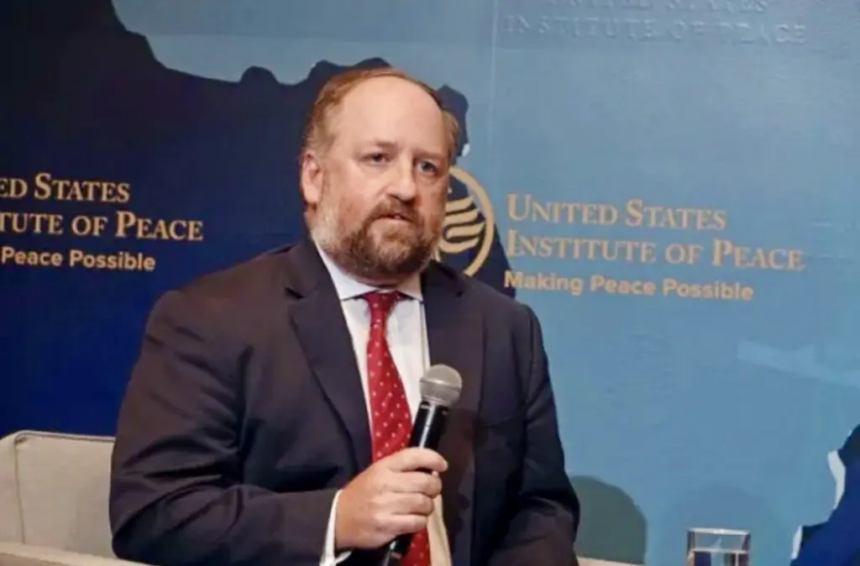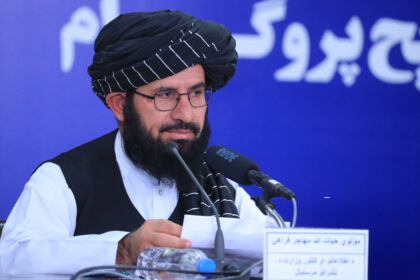RASC News Agency: Scott Worden, a prominent American researcher and expert on U.S. foreign policy and conflict resolution, has issued a stark warning regarding China’s rapidly expanding influence in Afghanistan a development that he argues could significantly alter the regional balance of power and further marginalize the already-diminishing role of the United States in Central and South Asia. Speaking at a recent policy forum, Worden highlighted that one of the most critical dimensions of China’s growing foothold in Afghanistan is its pursuit of the country’s vast and largely unexploited reserves of rare earth minerals. These minerals are indispensable for a range of cutting-edge technologies, from electric vehicles and semiconductors to advanced weaponry and renewable energy infrastructure. “Whoever controls the global supply chain of rare earths will dominate the next century’s technological and strategic landscape,” Worden stated.
China, already the world’s dominant player in the rare earth market, has positioned itself to take advantage of Afghanistan’s geological wealth, especially as the Taliban isolated diplomatically but eager for investment seeks foreign partnerships to bolster its failing economy. Beijing’s interests align neatly with Kabul’s desperation: access to critical resources in exchange for international recognition and economic lifelines. Worden also pointed to China’s broader strategy under the Belt and Road Initiative (BRI), which is expanding its economic corridors through Pakistan and Central Asia. Afghanistan, he argued, has become a vital link in Beijing’s long-term vision to integrate the region’s infrastructure and energy networks under Chinese oversight. “The BRI is not merely a trade project,” he warned. “It’s a geopolitical tool that China is using to build influence in fragile states where Western powers have withdrawn or failed.”
In a sharp critique of U.S. policy, Worden condemned the Trump administration’s decision to dismantle the operations of the United States Institute of Peace (USIP) in Afghanistan a move that he says dramatically undermined Washington’s long-term engagement in the country. “USIP played a critical role in conflict mitigation, peace building, and civil society engagement,” he noted. “Shutting it down was not just shortsighted it was an abdication of responsibility at a time when the Afghanistani people needed support more than ever.” He further warned that the vacuum left by the U.S. withdrawal and the subsequent decline of Western humanitarian presence has opened the door for authoritarian powers like China to assert dominance in Afghanistan with little regard for democratic principles or human rights. While China has remained conspicuously silent on the Taliban’s systematic repression of women, ethnic minorities, and journalists, it has moved swiftly to negotiate resource extraction agreements and secure infrastructure projects under the guise of “development cooperation.”
Worden’s assessment aligns with a growing consensus among Western analysts who believe that the absence of a coherent U.S. strategy in Afghanistan has emboldened rival powers and weakened the prospects for long-term stability. The shift, he warned, is not just about minerals or infrastructure it reflects a deeper geopolitical transformation in which authoritarian regimes are gaining ground in the global South, often through economic coercion rather than military force. “The United States must recognize that abandoning fragile states to the whims of authoritarian regimes is not only morally irresponsible but strategically self-defeating,” Worden concluded. “What we’re witnessing in Afghanistan today is a cautionary tale of what happens when democratic nations retreat and leave power vacuums behind.”






